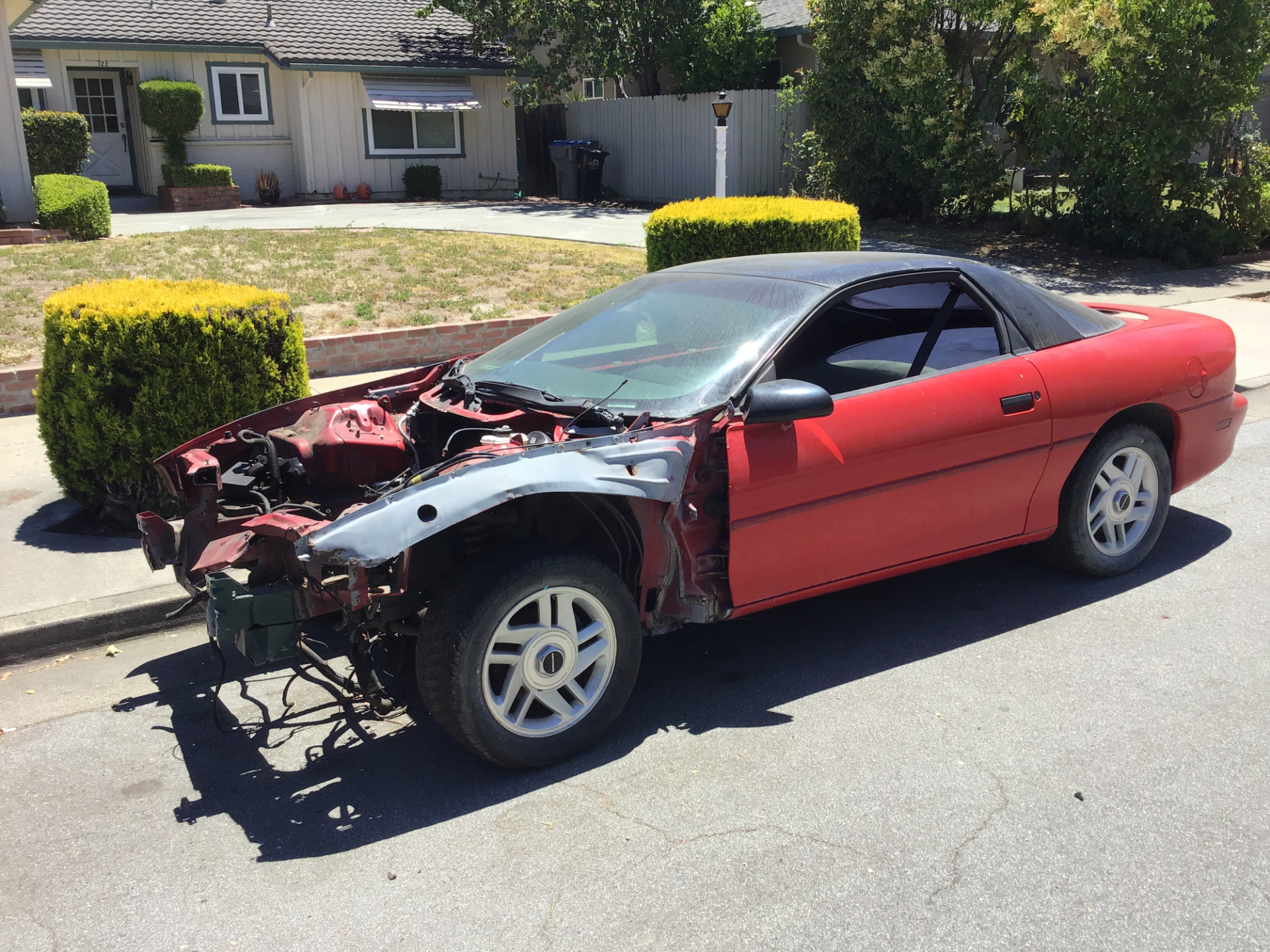DOT’s Vehicle Abatement service has gone through many changes since the beginning of the pandemic. Beginning March 2020, Parking Compliance activities were temporarily suspended. However, that break allowed us to review and improve our Vehicle Abatement program. After much pivoting over the last two years, we have shifted to a “hybrid” program. The hybrid program combines select pre-pandemic parking services with new enhancements. DOT is no longer investigating cars solely for being “stored” or parked in one spot for too long. We now prioritize the towing of the most egregious vehicles. Please keep reading to learn more about the Vehicle Abatement program.
Our new, hybrid program now lets us focus on efficiency, equity, and quality. These three fundamentals are crucial to delivering more efficient and productive services to all. Here are the ways that these three fundamentals shape our hybrid program:
- Efficiency: Pre-pandemic, our Parking and Traffic Control Officers responded to all reports of vehicles that had not moved in 72 hours. They responded whether these vehicles were inoperable, abandoned, or simply parked for a long time. However, 40-45% of those vehicles were gone by the time our Parking Officers arrived. This shows that the vehicles being reported were not actually inoperable. Nor were they abandoned by their owners. It also resulted in an inefficient use of staffing resources. Beginning in September 2021, customers now need to include a photo of the vehicle being reported while using SJ311. The photo must show that the vehicle meets certain criteria. Vehicles that do not meet specific inoperable, safety, or blight criteria are not investigated. Photos provided during the SJ311 reporting process are reviewed by staff. Then, qualifying vehicles are investigated. This has helped reduce unproductive field visits by 85-90%. The list of qualifying vehicle criteria can be found on our Vehicle Abatement webpage. The list is also included on the SJ311 Vehicle Abatement service request form.
- Equity: Parking Officers also now proactively patrol all city streets. During these patrols, they look for vehicles meeting qualifying vehicle criteria and pose a health, safety, or extreme blight concern. Even if a qualified vehicle has not been reported by the public, Officers will still investigate. Historically, customers in communities of color and low-income areas were less likely to report abandoned vehicles, despite a need for these services. Our new model helps us provide comparable service to these neighborhoods. This helps us create a cleaner San José for all.
- Quality: The hybrid program is more effective at removing vehicles than the traditional program. Under the hybrid program, the tow rate has increased from less than 7% of reported vehicles to over 24%. And between July 2021 and May 2022, Parking Officers accelerated the removal of over 1,500 unreported vehicles. Without proactive patrols, these vehicles would have likely continued to contribute to blight on our streets. The hybrid program also helps keep us from towing vehicles that are not truly abandoned. Towing a vehicle can cost a vehicle owner hundreds of dollars or more to get their car back. This can have serious impacts on a person’s livelihood, especially for our neighbors already struggling to cover the high cost of living here. All in all, proactive patrols allow us to reduce blight on our streets.
A few key elements of the pre-pandemic program are still in place:
- The Parking Compliance Unit still champions a compliance-based approach. In other words, we prefer to issue warnings and only hand out citations or tow vehicles as a last resort.
- Parking Officers cannot tow vehicles that are occupied. Instead, these vehicles are referred to our Housing Department. Once the Housing Department steps in, they can offer services and assistance.
- If Parking Officers identify a stolen vehicle, they must refer the vehicle to the Police Department for further action.
- The Parking Compliance Unit does not and cannot legally tow cars just because they may be a nuisance when parked on a public street. We cannot tow a vehicle simply because it is unsightly, damaged, dirty, or full of trash.
- When reported vehicles qualify for investigation, we send status updates to our customers. Log into your SJ311 account to see the progress being made on your Vehicle Abatement service requests. Or keep an eye out for email updates.
We understand that vehicle abatement services are important to many neighborhoods. We are pleased to share our recent improvements, that will benefit all communities in San José. We are confident that the hybrid Vehicle Abatement program will help us deliver effective and reliable service.
To learn more about the changes made to the Vehicle Abatement program, please read an information memo addressed to City Council.
For more details about the Vehicle Abatement Program, please visit the Vehicle Abatement webpage.
